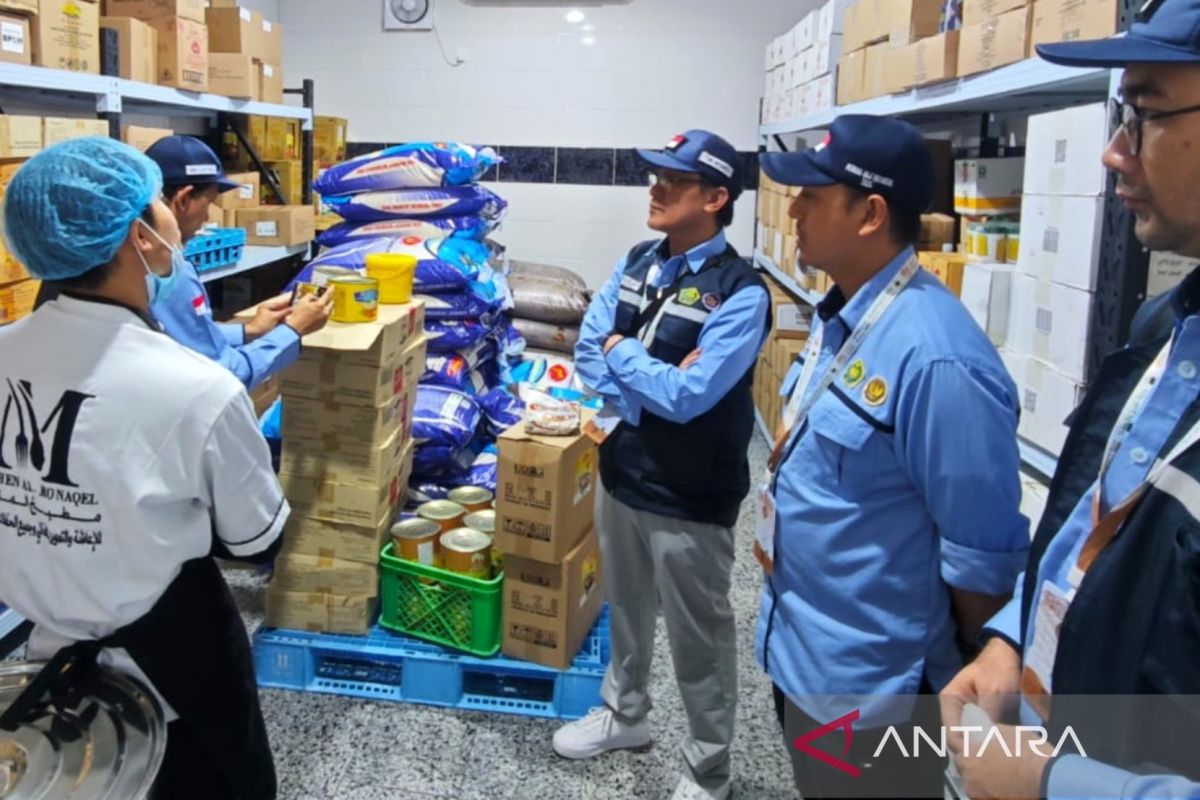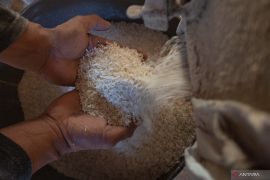In a statement received here on Saturday, BPJPH Chief Secretary Muhammad Aqil Irham stated that his team had conducted detailed inspections and reviews of the kitchens responsible for preparing meals for the pilgrims.
“Our monitoring was aimed at ensuring that Indonesian Hajj pilgrims are being served by kitchens that meet the proper standards. All food must be halal, safe, healthy, and also aligned with the tastes of Indonesian people,” he remarked.
Irham explained that the inspections, conducted on May 27-28, focused on several aspects, most notably kitchen hygiene, food handling procedures, as well as the distribution and documentation of ingredients.
“We conducted a thorough inspection of raw materials such as rice, seasonings, cooking oil, water, and flour. We also observed how the food is washed, dried, cooked, and packaged,” he explained.
The agency confirmed that all kitchens adhered to Hazard Analysis and Critical Control Points (HACCP) protocols to ensure high-quality standards across sourcing, preparation, and packaging processes.
Irham also noted that warehouse inspections revealed that many raw materials were sourced from outside Saudi Arabia, noting that rice came from Thailand and India, frozen meat from Pakistan and Brazil, and other supplies from the Philippines and Malaysia.
“Although in small quantities, materials from Indonesia have also started to be used in the production process,” he added.
In addition, the Hajj Financial Management Agency (BPKH) Limited has introduced halal-certified seasoning pastes to ensure that the food served matches the flavor preferences of Indonesian pilgrims.
Related news: Indonesia-Saudi immigration program served 97,221 Hajj pilgrims
Related news: Indonesia eyes reciprocal Makkah Route for Hajj pilgrims
Related news: Masjid al-Haram pilgrims advised on time management
Translator: Tri M, Tegar Nurfitra
Editor: Azis Kurmala
Copyright © ANTARA 2025












